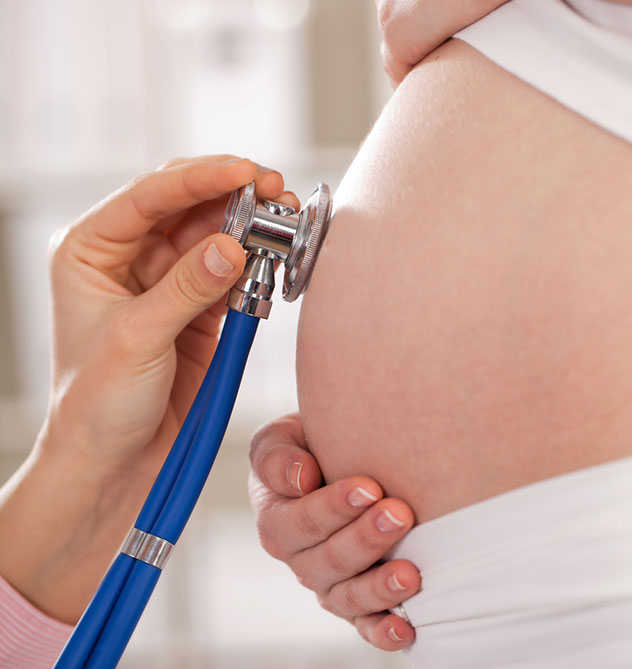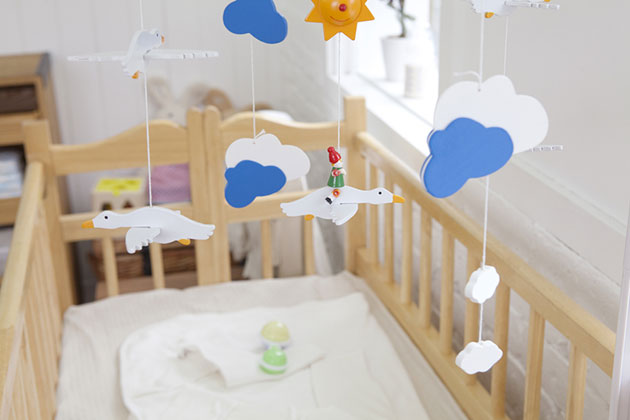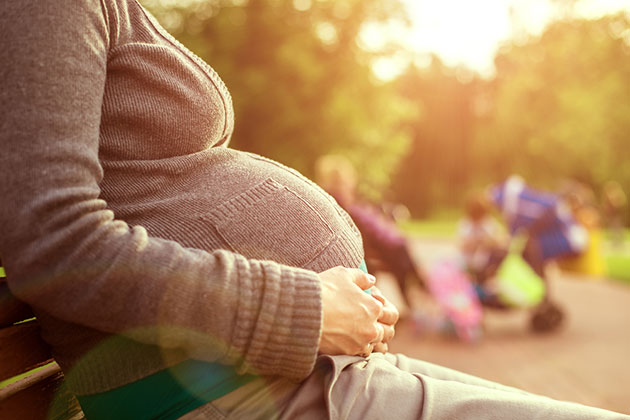Having a baby can be one of the most exciting times of your life, and ensuring that you budget for all of the costs involved will help you ease into this new period. This year has seen a major reduction in the baby bonus, so it’s more important than ever to plan for the medical and other costs of pregnancy, as well as have enough money to set up your new baby’s nursery in preparation for their arrival.
Baby Bonus abolished
1 March 2014 was the critical date for those who are planning to have a child in Australia. This was when the Baby Bonus was abolished, which means that babies born after this date are not eligible to receive a higher payment from the government. Previously, the payment from the government was $5,185, in 13 equal fortnightly payments to eligible parents for a newborn or newly adopted child.
Now, the families who are eligible for Family Tax Benefit Part A (FTB (A)) will receive much less – $2,000 after the birth of their first child and $1,000 for any children after that. Abolishing the Baby Bonus brings a noticeable change to the finances of a family planning for a baby.
The question for those in planning mode is how to account for the unavoidable expenses of extending your family. Below are some of the costs to consider when budgeting for a newborn.
Private or public hospital?
The choice of which hospital to have the birth in can have large financial consequences for a family.
The public hospital system is the most budget friendly option. There is no charge for pregnancy care at a hospital clinic, nor for labour and birth care. There may be some costs for pregnancy care provided by your local GP. However, some people feel lost in the crowd in the public system. A team of midwives or an on-call doctor performs the delivery, and you share a room with other mothers. In essence, the service is not personalised. It is possible to have your birth in a public hospital, but with a private obstetrician. This helps you avoid accommodation charges, while you will still have to pay fees for your obstetrician.
Alternatively, you can have the birth in a private hospital, with a private obstetrician. While this is the most expensive option, the private hospital system has the reputation of offering a personalised experience. You will consult the same doctor and can discuss a birth plan in detail. If your doctor is not available during emergencies, your case will automatically be transferred to another doctor who has all of your case details if your original doctor is not available. It’s recommended that you have private health cover if you choose this option. Make sure you check your policies waiting periods, which can be up to three years before your baby’s due date, and also your coverage, as there are often ‘gaps’ that you have to pay for.
Other medical expenses

There are other important medical expenses and choices that need to be considered in the lead up to and in the months following the birth of a child.
- Obstetricians – An average initial consultation is around $200 with around $70 reimbursement from Medicare. Full fee can range from $2,000 to $10,000 with around 15 visits by 40 weeks.
- Ultrasounds – You can get two free ultrasounds in the public system (at 12 and 19 weeks). In private, each can cost $200 to $300 but the Obstetricians can request several ultrasounds. You will receive back only $50 from Medicare.
- Osteopathy / physiotherapy – you may require these (most health funds cover them).
Pregnancy costs you may not have considered
- A maternity wardrobe – you’ll need to invest in quality basics, like maternity jeans, bras and leggings.
- If you suffer from morning sickness or fatigue closer to the birth, you may not be able to work as much as you expect.
- Vitamin supplements will cost around $30 a month.
- Childcare waiting lists often ask for $20-$25 to cover ‘administration costs’.
- Pregnancy yoga classes are a great form of exercise for mums-to-be, at around $15 a class.
Shopping list for your baby’s nursery

There are some essential items you will need to purchase before your bundle of joy arrives, and we have listed approximate prices for some here:
- Pram – $600
- Car seat – $200
- Cot – $300, with $150 extra for a mattress
- Baby carrier – starting from $50 for fabric sling
- Change table – $80
- Clothing – around $200 initially
Feeling secure in your financial situation will help you relax during the pregnancy and enjoy the precious first moments with your little one. Start saving early, and if you need a little extra help when the time comes, remember, you can always consider a personal loan from SRG Finance.



